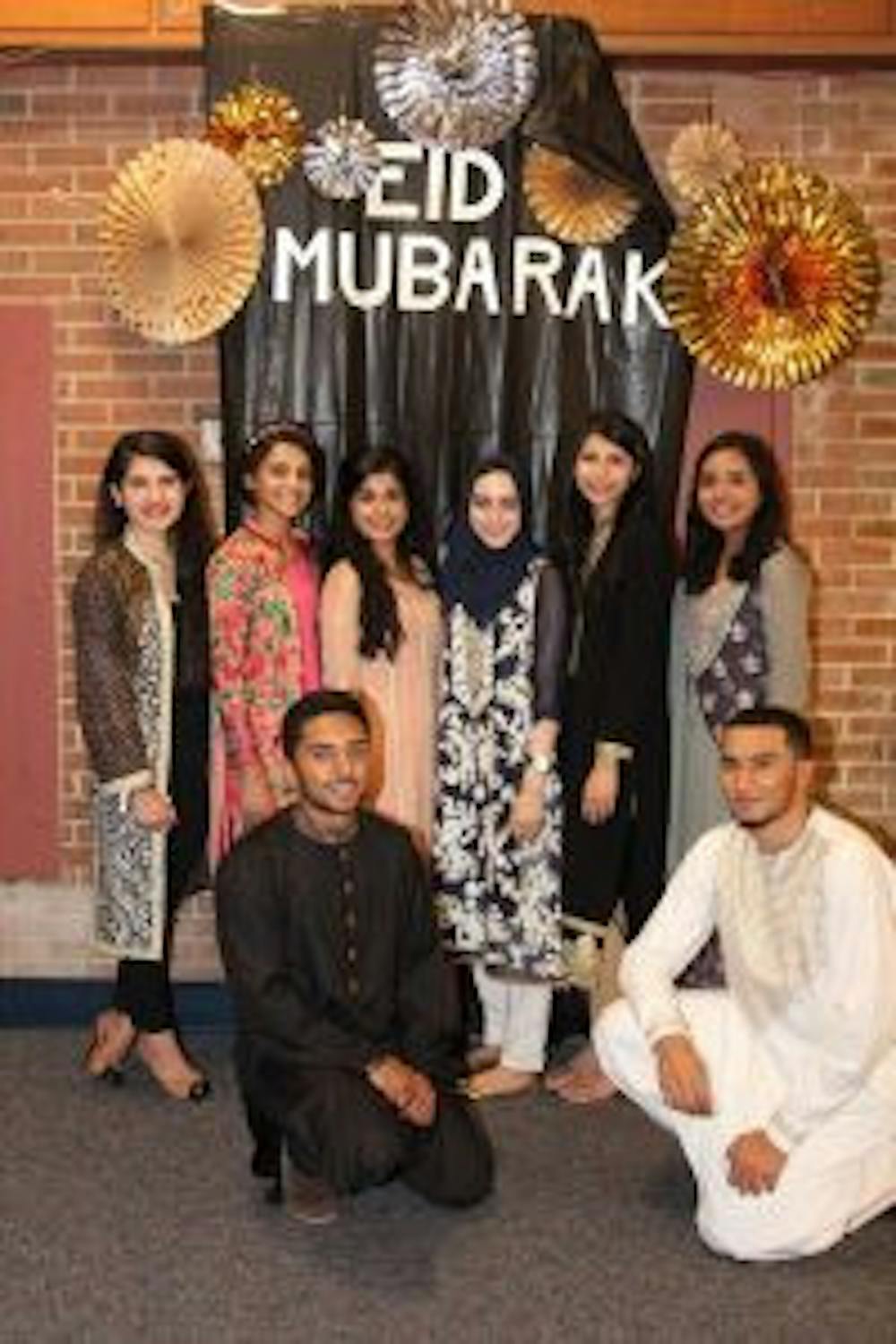By Ian Krietzberg
Nation & World Editor
Asalam Alaikum, in Arabic, translates simply to “peace be unto you.”
Despite its misleading portrayal in the media, Islam is a religion that emphasizes peace above all else.
“Violence has no role and no place in Islam,” said Maryum Bhatti, a junior biology major and vice president of the College’s Muslim Students' Association. “If anyone’s doing something violent in the name of Allah or Islam, it’s just contradictory.”
With Ramadan, the holiest month of the year, fast approaching, the MSA’s purpose seems more crucial than ever. According to Bhatti, the organization is focused on building an Islamic community that reassures the principal values of Islam, all while balancing the religious aspect of Islam with strong and healthy social experiences.

Although the College strives to create an environment of diversity and inclusivity, the fact that it is a predominantly white institution can create some anxiety for first-year students who are also practicing Muslims.
“I knew it was going to be this support system and network, especially because this is a PWI,” Bhatti said of MSA. “A lot of times, coming to a PWI for a person who is a minority, it can be a culture shock. Having the MSA there helped me navigate my college career.”
While the environment at the College is one where Bhatti and other members of the MSA feel welcome and safe, there are certain obstacles and difficulties that arise for the Muslim community, which is largely due to a lack of education.
This is of even greater importance during Ramadan — in Islam, when a Muslim prays, he or she must first wash their hands, mouth, nostrils, arms, head and feet. While Bhatti has become more comfortable doing this practice on campus, she expressed that it can be an awkward experience to have someone walk into the bathroom while she is washing her feet in the sink.
This unintentional ignorance from non-Muslim students fuels the MSA’s work in promoting education and inclusivity on campus.
The College has converted to online only classes for the remainder of the semester, but next year and the year after, the entirety of Ramadan will take place during the spring semester.
Last year, the College’s dining services prepared take out boxes for Muslim students during Ramadan, but these boxes did not contain a great variety of Halal food — the main dish they served was chicken tenders. In response, the MSA is doing what it can to work with both the College’s dining services, as well as local restaurants, to fund group dinners during Ramadan.
“Having that balance (between religion and socializing) is one of our goals,” Bhatti said. “To be able to have events that are social but also religious, and tie us back to Islam and the bigger goals of what it (means) to be a Muslim. And then further exploring what it is to be a Muslim for each individual as they come into MSA.”







